'What's the use of meeting with Zelensky,' Putin says of Ukraine president
Russian President Vladimir Putin has downplayed the significance of meeting his Ukrainian counterpart Volodymyr Zelensky, saying Ukraine is effectively run under the leadership of the United States, Germany and France.
"What's the use of meeting with Zelensky when he has given full control of his country to outside management?" Putin said during an annual televised phone-in with Russians on Wednesday.
"Key decisions are being made in Washington, and Berlin and Paris to some extent."
"I'm not refusing to meet with Zelensky, it's just necessary to understand what there is to talk about," Putin said.
In 2014, Ukrainian troops and pro-Russia forces engaged in a conflict in the Russian-speaking eastern Donbass region. The battle killed 14,000 people by Ukraine’s estimate.
And the trigger was a wave of protests in Ukraine that overthrew a democratically-elected pro-Russia government and replaced it with a pro-West administration. The majority in those areas refused to endorse the new administration.
The new government then began a crackdown on the mainly ethnic Russians in the east, who in turn took up arms and turned the two regions of Donetsk and Lugansk — collectively known as the Donbass — into self-proclaimed republics.
Kiev and its Western allies accuse Moscow of having a hand in the crisis. Russia says that is not true.
Relations between Moscow and Kiev further deteriorated when the Black Sea peninsula of Crimea rejoined Russia following a referendum in the same year. More than 90 percent of the participants in the referendum voted in favor of unification.
Earlier this year, the two sides traded blame for a spike in violence in Donbass.
In April, Zelensky invited Putin to meet in eastern Ukraine. Putin said the Ukrainian president was welcome in Moscow "any time."
Also during the live question-and-answer session on Wednesday, Putin described Ukraine's leadership as "unfriendly," but stressed that Russians and Ukrainians were close.
"We are one," the Russian leader said.
Elsewhere in his remarks, Putin described the violation of Russian territorial waters by the British destroyer HMS Defender as a provocation.
"This was a provocation, of course," Putin said. "It was obvious that the destroyer entered (the waters near Crimea) pursuing, first of all, military goals, trying to use a reconnaissance aircraft to discover how our forces would stop such provocations, to see what happens on our side, how things work and where everything is located."
"(But) even if we had sunk the British destroyer near Crimea it is unlikely that the world would have been on the verge of World War Three," he said, downplaying the severity of potential consequences of the incident.
On June 23, Russia's Black Sea Fleet and the Russian Federal Security Service (FSB) stopped a violation of the state border by the British destroyer HMS Defender off the coast of the Crimean Peninsula.
The British military vessel had ventured three kilometers into Russian territorial waters, prompting a Russian border guard patrol ship to fire warning shots and a Sukhoi-24M bomber to drop bombs in front of the destroyer. The HMS Defender left the waters following the warning maneuvers.
Russia slammed the trespassing as a crude violation of the United Nations Convention on the Law of the Sea and called on London to investigate the matter.
On Friday, Russia warned the UK and the US against sending warships near the country's territorial waters off the Crimean coast.
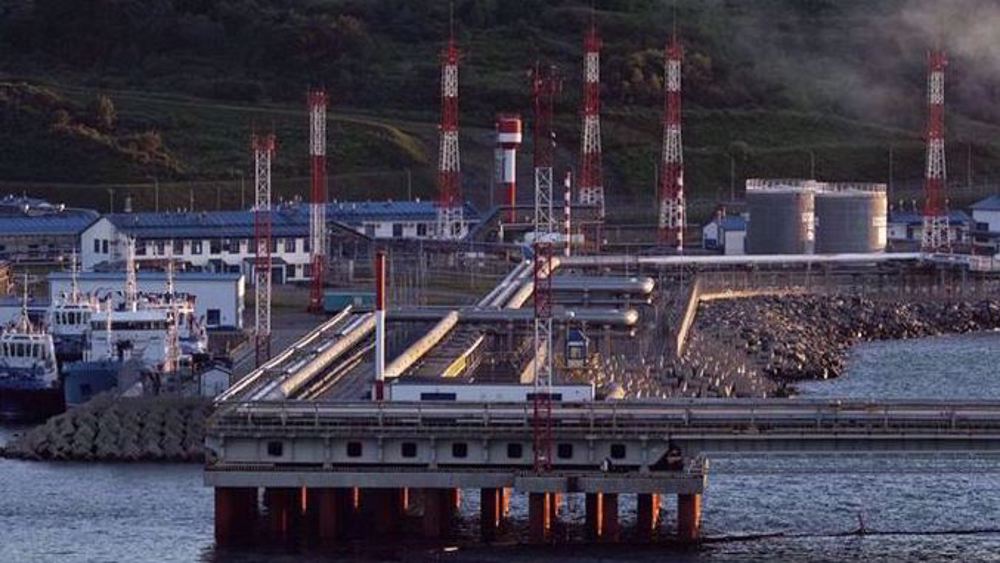
Trump threatens secondary tariffs on Russian oil over Ukraine
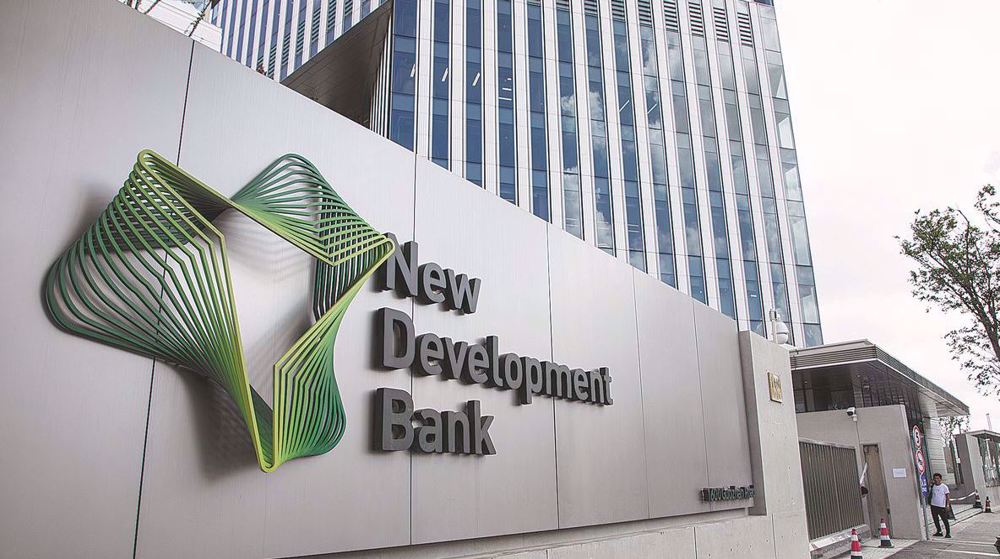
BRICS to establish 'digital' payment system: Russian minister
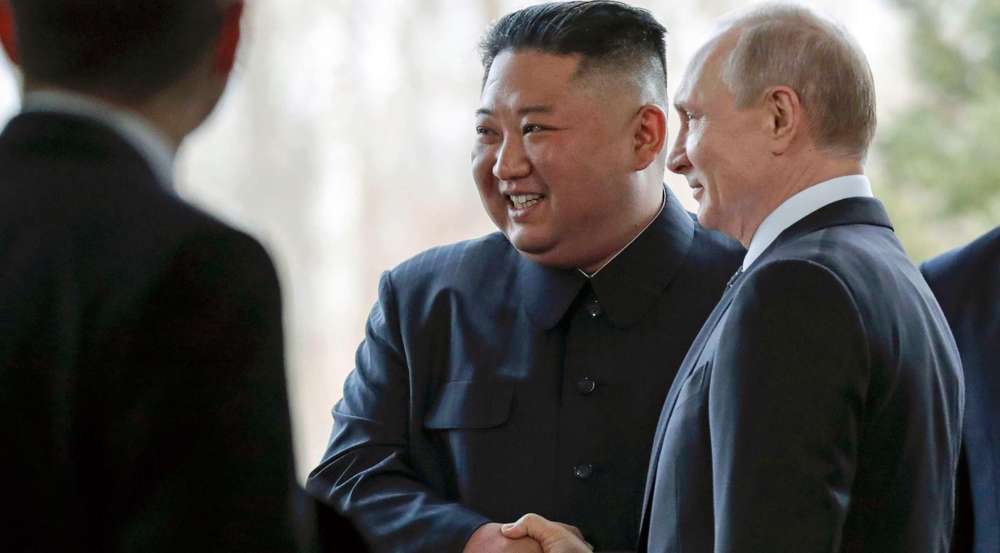
Official: Russia preparing for visit by North Korean leader
Iran win AFC Beach Soccer Asian Cup 2025, defend title
Iran warns US: Tehran summons Swiss envoy over Trump bombing threat
Israel kills more Palestinians as Gaza death toll during Eid al-Fitr passes 85
VIDEO | Press TV's news headlines
Israeli forces set fire to Nour Shams refugee camp during Eid amid West Bank onslaught
Iran blasts Trump ‘bombing’ threat as ‘shocking affront’ to global peace, security
VIDEO | British playwright completes 240km walk to protest against Gaza genocide
VIDEO | Red Cross 'outraged' over Israeli killing of eight medics in Gaza


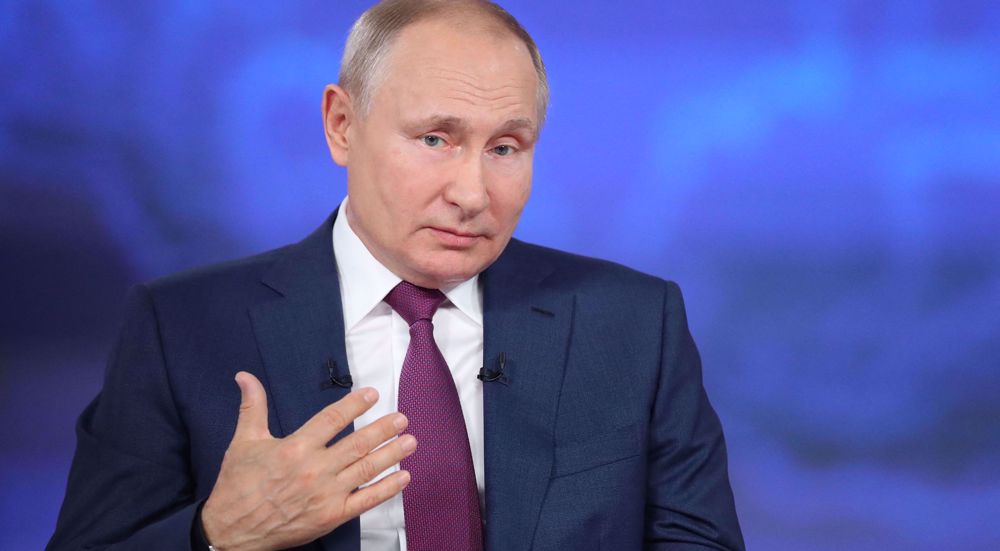
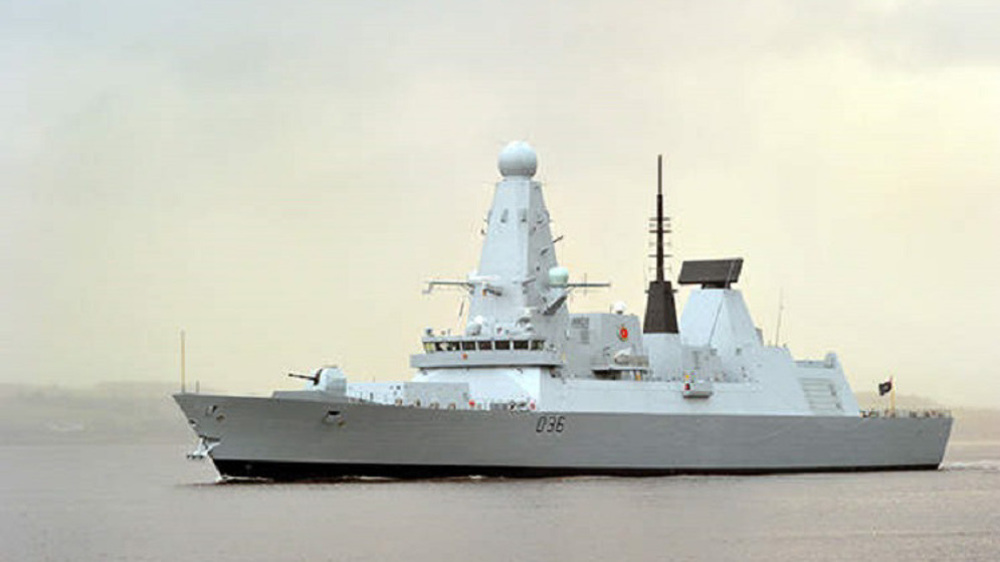



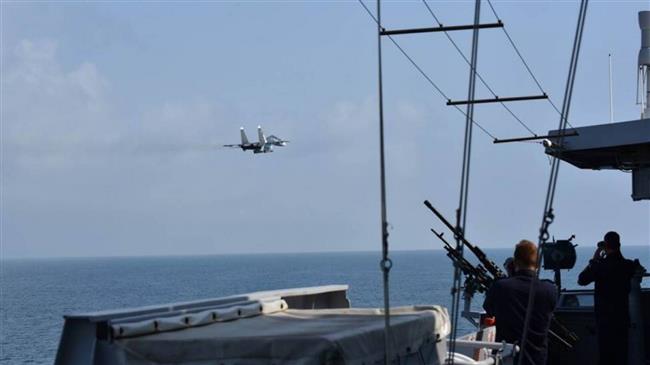
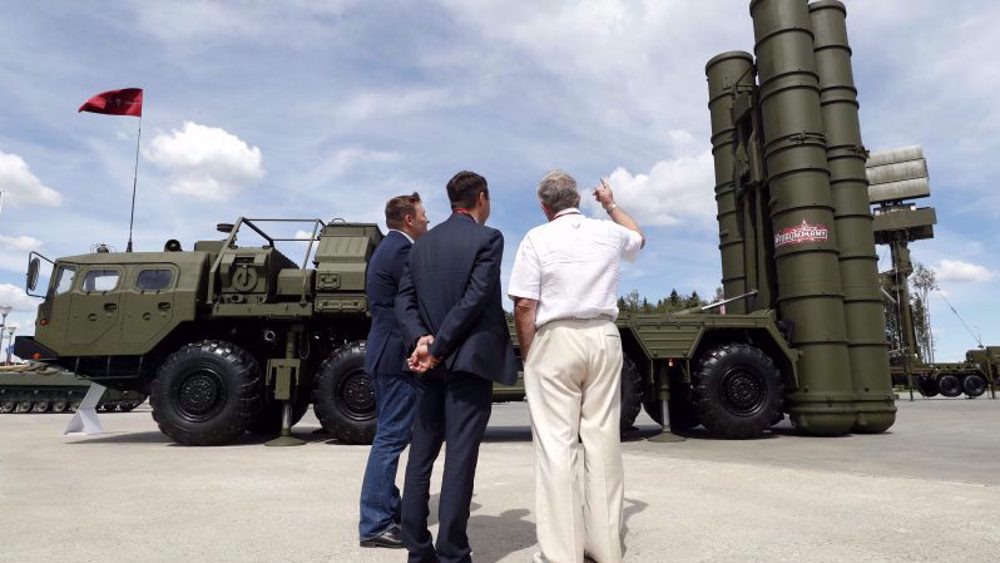

 This makes it easy to access the Press TV website
This makes it easy to access the Press TV website